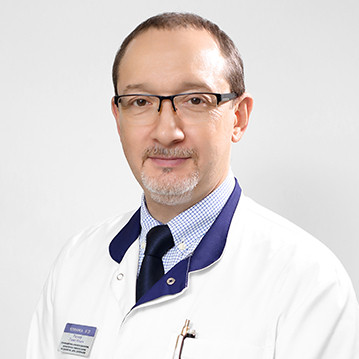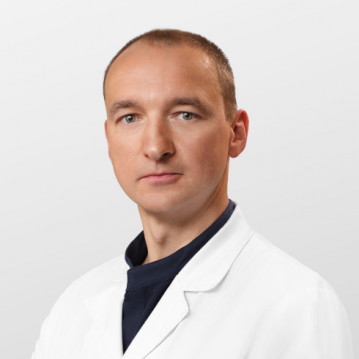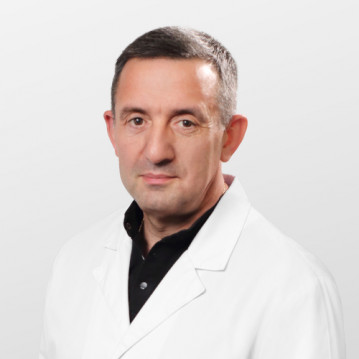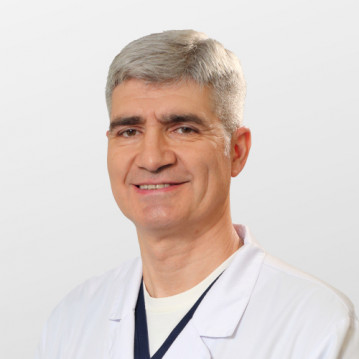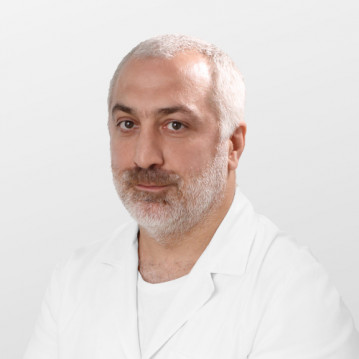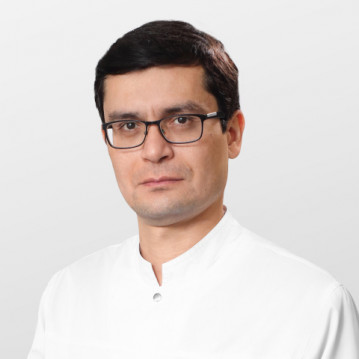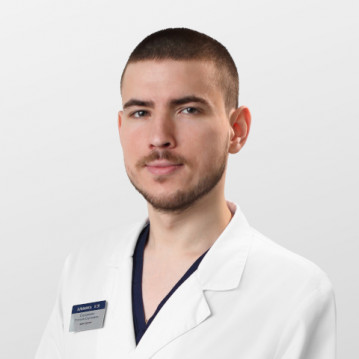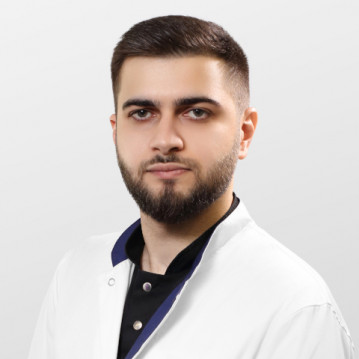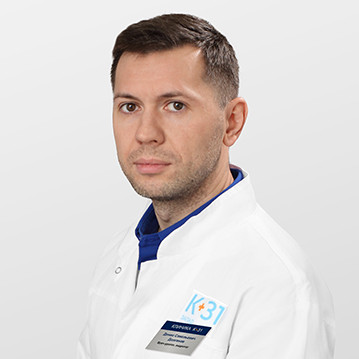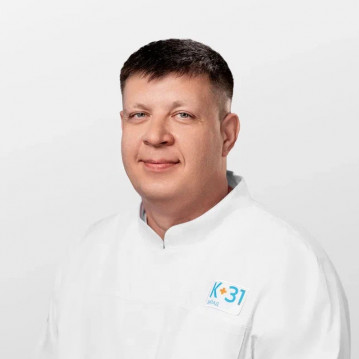
Complex urodynamic study (CUDI) - is carried out to determine the state of the urethra in men and women. With its help, it is possible to check how well the bladder functions, to detect infections or inflammatory processes. Thanks to KUDI, it is possible to diagnose other diseases that are accompanied, inter alia, by a violation of the urination process.
Of course, this is a very delicate question and someone will continue to endure, but if problems with the urethra cause discomfort, inconvenience, you should consult a doctor and undergo a comprehensive urodynamic examination. KUDI in K + 31 is performed with minimal discomfort for the patient and only by highly qualified doctors. Thanks to the study, they will be able to establish the cause of the problem and accurately select the effective treatment.

